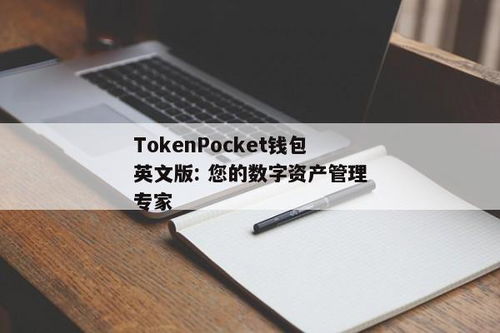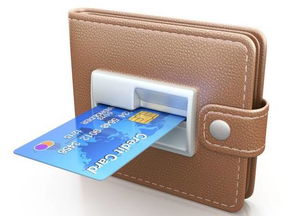Introduction to Wallet Mnemonics: Unique or Not?

Wallet mnemonics have become an integral part of cryptocurrency wallets, serving as a crucial tool for users to manage their digital assets. One common question that often arises is whether each wallet's mnemonic is unique. In this article, we will delve into this topic, exploring the nature of mnemonics and their uniqueness in various wallet types.
Understanding Wallet Mnemonics

Wallet mnemonics are essentially a series of words that represent the private key of a cryptocurrency wallet. These words are generated using a specific algorithm and are designed to be easy to remember while ensuring the security of the wallet. When a user creates a new wallet, they are typically provided with a mnemonic phrase consisting of 12 to 24 words, depending on the wallet's implementation of the BIP-39 standard.
Are Wallet Mnemonics Unique for Each Wallet?

Yes, in most cases, wallet mnemonics are unique for each wallet. This uniqueness is a result of the underlying algorithms used to generate the mnemonics. When a user creates a wallet, the algorithm generates a random sequence of bits, which is then converted into a sequence of words from a predefined word list. This process ensures that each mnemonic is unique and cannot be easily replicated.
Why Uniqueness Matters

The uniqueness of wallet mnemonics is crucial for the security of cryptocurrency wallets. If two wallets had the same mnemonic, it would mean that they share the same private key, leading to potential security risks. For instance, if one wallet's mnemonic were compromised, the attacker could potentially gain access to the other wallet as well.
Exceptions to the Rule

While it is generally true that each wallet's mnemonic is unique, there are some exceptions to this rule. In certain cases, users may intentionally create wallets with the same mnemonic for various reasons, such as convenience or to manage multiple wallets with a single mnemonic. However, this practice is not recommended, as it can compromise the security of the wallets involved.
Wallet Types and Mnemonics

There are various types of cryptocurrency wallets, each with its own approach to generating and managing mnemonics. Here are some common wallet types and their treatment of mnemonics:
Hardware Wallets: Hardware wallets generate unique mnemonics for each wallet. These mnemonics are stored securely on the device and are not accessible to the user, ensuring maximum security.
Software Wallets: Software wallets, such as Sparrow Wallet, also generate unique mnemonics for each wallet. Users can choose to backup their mnemonics or use a recovery phrase to restore their wallet on a different device.
Custodial Wallets: Custodial wallets, which are managed by third-party services, may or may not generate unique mnemonics. It is essential to verify the security practices of the custodial service to ensure the uniqueness of the mnemonics.
Conclusion

In conclusion, wallet mnemonics are generally unique for each wallet, thanks to the algorithms used to generate them. This uniqueness is crucial for the security of cryptocurrency wallets and should be treated with the utmost care. Users should never share their mnemonics with others and should always keep them in a secure location to prevent unauthorized access to their digital assets.
Tags:

cryptocurrency, wallet mnemonics, uniqueness, security, private key, BIP-39, hardware wallets, software wallets, custodial wallets
